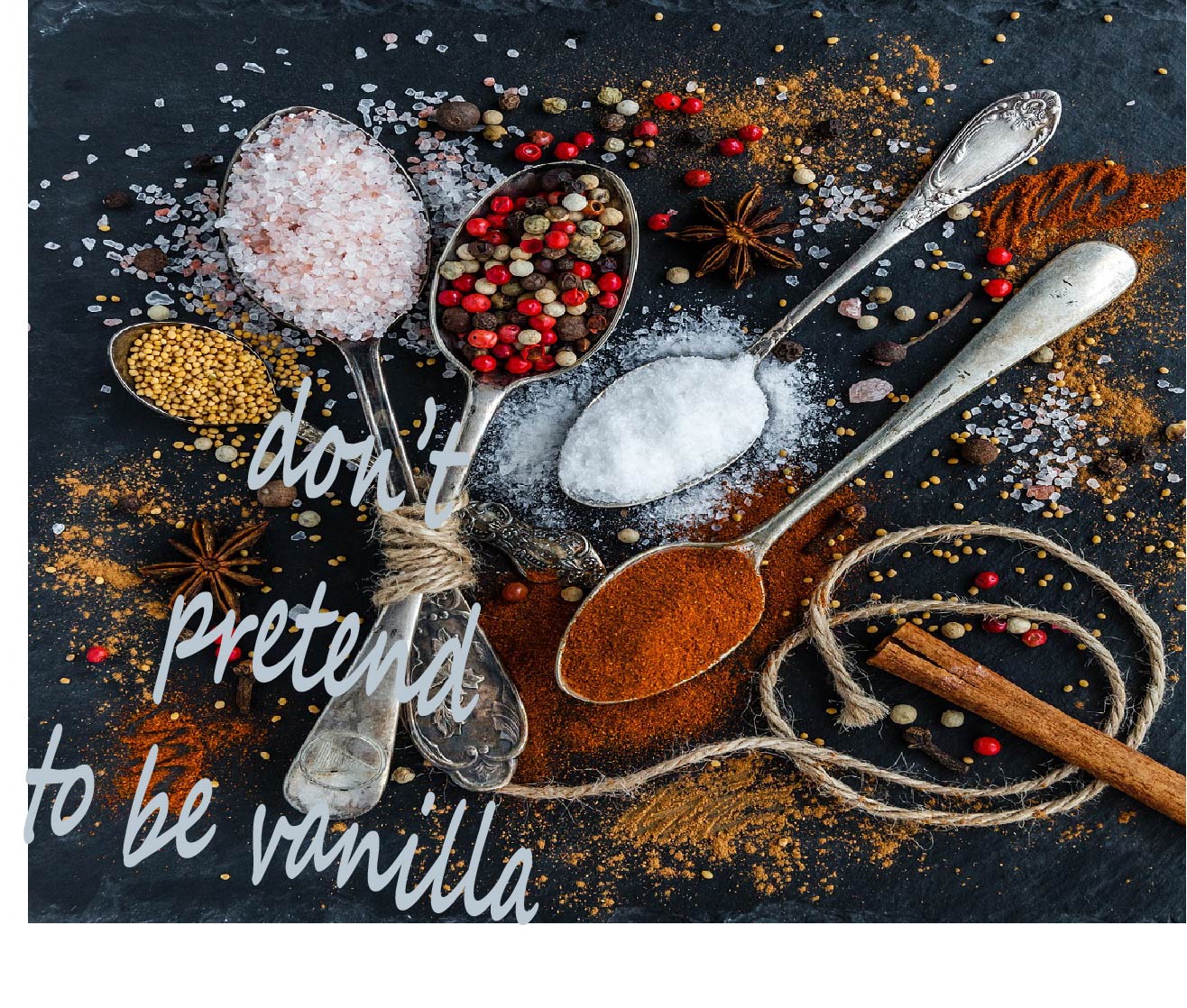Why authentic storytelling builds stronger businesses than perfect marketing
You know what hit me about real storytelling? It happened on a spice market in Dubai two years ago when I was visiting my brother. This Iranian vendor started chatting with me after the usual "where are you from?" routine. When I said Croatia (because let's face it, most people don't know much about Bosnia and Herzegovina), his whole face lit up - turns out his father studied in Zagreb decades ago.
What started as typical tourist haggling over a scarf became this genuine half-hour conversation over fresh juice about family, education, dreams. I walked away with three scarves for 45 dirhams instead of the one he initially wanted 50 for, but more importantly, I realized something: the best connections happen when you stop performing and start being real.
That moment keeps coming back to me now that I'm building websites and thinking about how brands tell their stories. Everyone's obsessed with crafting the perfect narrative, but the stories that actually connect? They're usually the ones that happen naturally.
From Legal Documents to Creative Dreams
It's funny how life circles back. I spent years writing content from 2015 to 2020, then got pulled into the practical world of my husband's law office - invoices, contracts, all that necessary but soul-crushing paperwork. Last November, something in me snapped. I enrolled in a web design course, and suddenly I'm learning HTML, CSS, Photoshop, Illustrator - the whole creative toolkit I never thought I'd need.
Three websites later, here I am, trying to figure out how to merge design with storytelling in a way that actually matters to real people with real businesses.
The thing is, I keep seeing the same pattern everywhere: businesses think they need these elaborate origin stories when the truth is usually much more interesting than the fiction they're creating.
Real Success Story
Take my friend Ivana - she's got a law degree but can't find work in her field, especially with a little one at home. So she started making cakes and desserts. Her Instagram is @sweetbite_by_ivanam, and instead of some dramatic "following my passion" story, she just posts pictures of beautiful cakes alongside honest captions about juggling motherhood and building something of her own. Her order book is full.
Why? Because half the women following her see their own struggles in her posts. They're not buying just desserts - they're supporting someone who gets what it's like to reinvent yourself when life doesn't go according to plan.
The Beauty of Unpolished Truth
Then there's my friend Vesna, who makes the most incredible cakes but fills her social media with recommendations for local eggs, flowers from her garden, and vintage decorations. At first glance, it seems scattered. But look closer and you realise she's not just selling cakes - she's selling a whole aesthetic, a lifestyle that says "beautiful things don't have to be expensive or complicated."
People connect with that because it feels achievable. Her brand story isn't "artisanal cake creator" - it's "someone who believes your Tuesday can be beautiful too."
What Dubai Taught Me About Connection
Back to that spice market moment - what made that conversation work wasn't the Iranian vendor's sales pitch. It was the unexpected connection over his father's time in Zagreb. Suddenly, we weren't vendor and tourist anymore; we were two people with a shared reference point.
The best brand stories work the same way. They create those "wait, you too?" moments that turn strangers into customers and customers into advocates.
I see this missing from so much marketing I encounter. Brands trying so hard to sound impressive that they forget to sound relatable. They're crafting stories when they should be sharing experiences.
The Real Craft of Brand Storytelling
Here's what I've learned while building these websites and thinking about how to present real businesses to real people: the craft isn't in making your story sound perfect. It's in finding the parts of your truth that other people recognize.
Maybe it's the moment you realized your side hustle was becoming your main thing. Maybe it's the customer email that made you cry happy tears. Maybe it's the mistake that taught you everything about what your customers actually needed.
The Iranian vendor's story wasn't "I sell the best spices in Dubai." His story was "my family has been connecting with people from all over the world for generations." That's why I still remember him two years later, and why I tell people about that market whenever Dubai comes up in conversation.
Your brand story isn't your elevator pitch. It's not your mission statement. It's the reason someone chooses to trust you with their money, their event, their precious Friday evening when they could be doing literally anything else.
Make it real. Make it yours. Make it matter.
Find the parts of your truth that other people recognize. That's where real connection begins.
Because in a world full of perfect Instagram squares and polished LinkedIn posts, the businesses that dare to be genuinely human are the ones that actually connect.
After all, nobody tattoos a features list on their arm. But they'll absolutely become lifelong advocates for a brand that made them feel understood.
